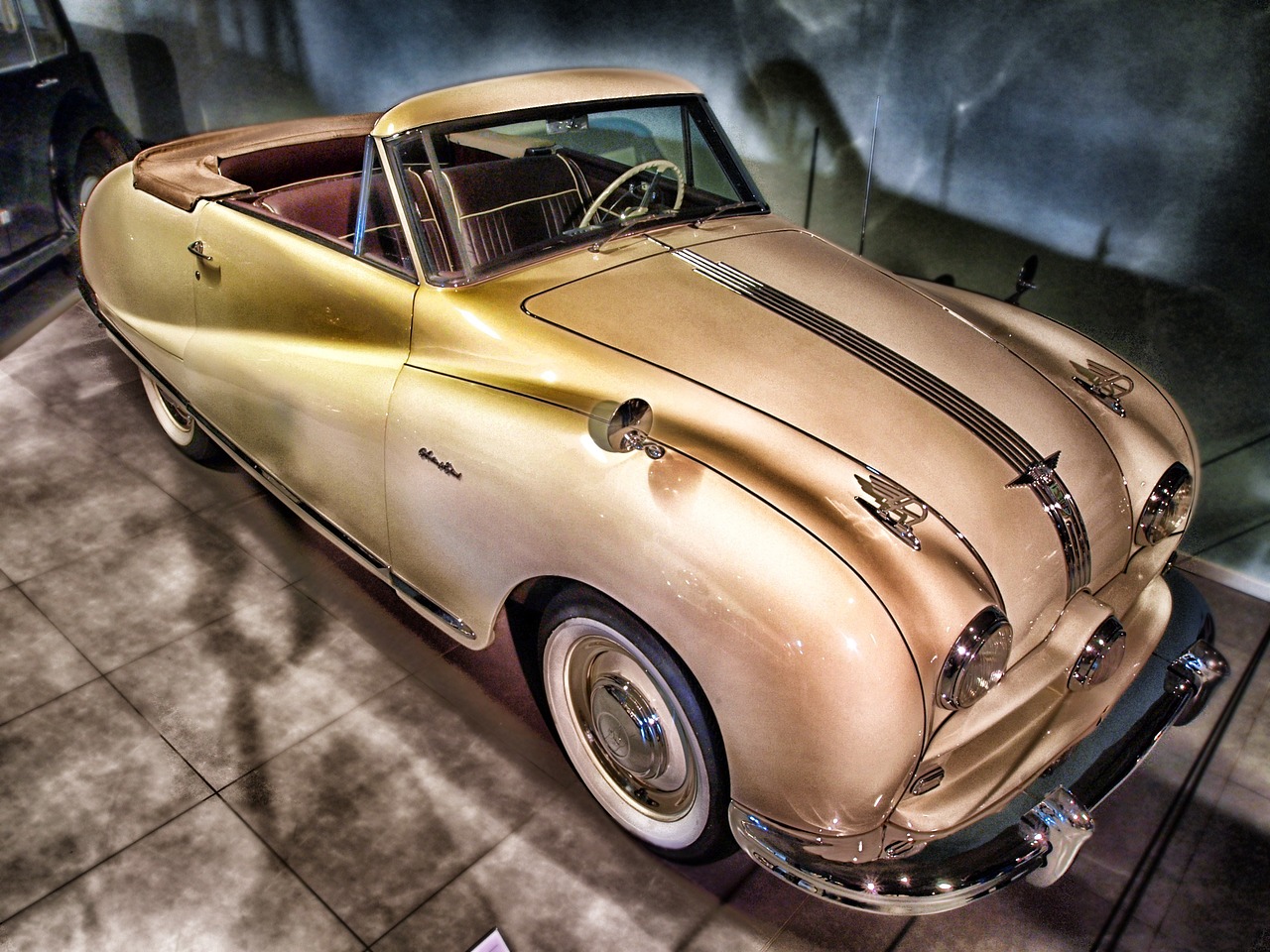The Influence of Artificial Intelligence on Automotive Design Iterations
Artificial Intelligence (AI) has significantly transformed the automotive design processes in recent years. By leveraging AI algorithms, automakers can generate innovative and efficient designs that meet both aesthetic and functional requirements. From conceptualizing initial sketches to refining detailed specifications, AI tools provide designers with valuable insights and suggestions to enhance the overall design process.
One key advantage of integrating AI into automotive design is the ability to streamline iterative processes. Machine learning algorithms can analyze vast amounts of data and user feedback to identify patterns and trends, allowing designers to make informed decisions regarding product enhancements and modifications. By automating repetitive tasks and suggesting design alternatives, AI empowers designers to focus on creative aspects of the process, leading to more efficient and effective design outcomes.
Utilizing Machine Learning for Streamlining Design Iterations
As technology continues to advance, the integration of machine learning in automotive design processes has proven to streamline design iterations effectively. Through the utilization of algorithms and data analysis, machine learning systems can rapidly analyze and generate design solutions that meet specific criteria and requirements. This iterative process allows designers to explore various design options efficiently and make informed decisions based on data-driven insights.
By harnessing the power of machine learning, automotive design teams can optimize their workflow, saving time and resources that would have been spent on manual design iterations. With the ability to analyze vast amounts of data and identify patterns, machine learning algorithms can help designers quickly iterate on designs, leading to more innovative and efficient solutions. This transformative approach not only enhances the design process but also empowers designers to create vehicles that are not only aesthetically pleasing but also highly functional and technologically advanced.
How does AI enhance automotive design processes?
AI can analyze vast amounts of data quickly to identify trends and patterns, helping designers make more informed decisions and streamline the design process.
How can machine learning be used to streamline design iterations?
Machine learning algorithms can learn from past design iterations and suggest improvements or optimizations, allowing designers to iterate more efficiently and effectively.
What are some benefits of utilizing machine learning in design iterations?
Some benefits include faster design cycles, improved design quality, and the ability to explore a wider range of design options in less time.
Can machine learning completely replace human designers in the automotive design process?
No, machine learning is meant to augment human designers, not replace them. Human creativity and intuition are still essential in the design process.
How can automotive companies implement machine learning in their design processes?
Companies can start by collecting and organizing relevant data, training machine learning models on this data, and integrating AI tools into their existing design workflows.







